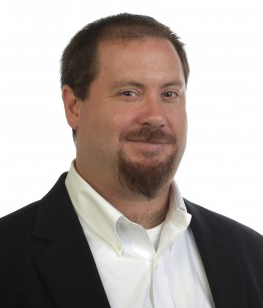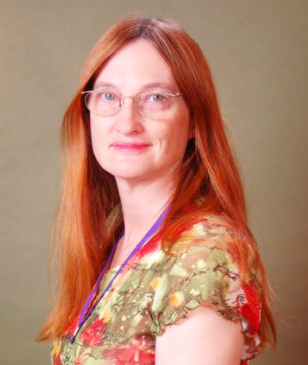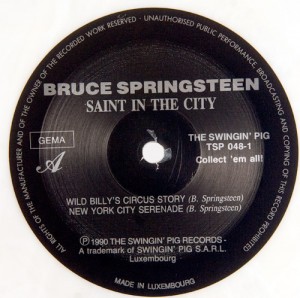As I type this with my cold fingers (starting at about 12:30 p.m.), the sun is out here in Washington, D.C., but the temperature is still a frosty 14 degrees. Suffice it to say it has been a cold morning after a night of wild weather here in Beltway land.
My office in the District’s Northeast quadrant is only about a 10 minute walk from the U.S. Supreme Court. Still, because I’ve been in class all morning, I have no idea how many people were able to make it into the city for the annual March For Life. I imagine that the crowd is smaller than the usual 300,000 or so, in part because the throngs were much smaller than normal last night and early this morning in Union Station (through which I commute).
There will be the usual, and valid, debates about whether the mainstream media did an adequate job of covering the march. If the march was smaller than normal, will that be seen as a fact of the weather or the political climate? Inquiring minds will want to know.
I do know, however, that there was a major story in Washington last night linked to this event. At least, the pre-march Mass at the National Shrine of the Immaculate Conception should have been a big story for the mainstream press if reporters and editors are serious about the effect of Pope Francis on the pro-life movement and, specifically, how the Catholic Church expresses its teachings about the sanctity of life from conception to natural death.
Why? The speaker at last night’s Mass was Cardinal Sean O’Malley of Boston. Why does that matter so much? More on that in a minute.
Meanwhile here is a sample of the Washington Post story on the pre-march activities:
The March for Life draws mainly high school and college youth groups, many from Catholic schools, and buses from around the country had already poured out thousands who attended a Mass on Tuesday night at the National Shrine of the Immaculate Conception in Northeast Washington. Through the night, priests there heard confessions as people held a vigil in the Crypt Chapel of the huge basilica.
Thousands of abortion opponents, many from outside the region, were in Catholic Masses on Wednesday morning, praying, receiving confession and listening to music before heading for the Mall, where a concert and rally are scheduled to run from 11:30 a.m. to 1 p.m. at Seventh Street. Marchers, as they do each year, will head up Capitol Hill at 1 p.m. to the Supreme Court, where they hold a prayer vigil and are always met by a handful of abortion rights supporters and inevitable debate and discussion. …
Cardinal Sean O’Malley, one of the country’s best-known church leaders — he is also Boston’s archbishop and an adviser to Pope Francis — spoke at the Tuesday night Mass. And movement leaders noted that Republican National Committee Chairman Reince Priebus had rejiggered the schedule of the party’s winter meeting Wednesday morning to allow delegates to attend the march.
First things first. What, pray tell, does it mean for these believers to be “receiving confession” before the march? Penitents will “receive absolution,” but they do not “receive confession.” Might this be a rather obvious typo that made it into the story? Surely this was supposed to have said that these Catholics “received Communion” in numerous settings before the march? Just asking.
Here’s my other question: So Cardinal O’Malley was there, but what did he SAY in this sermon at this highly symbolic Mass? After all, the sermon was on television (which was convenient on such a cold and snowy night). Did editors at the Post actually assign coverage of the event itself?
Now, let’s compare the Post language and factual information about this event with that of veteran Catholic-beat scribe Rocco Palmo at the Whispers in the Loggia website. This is long, but essential:














